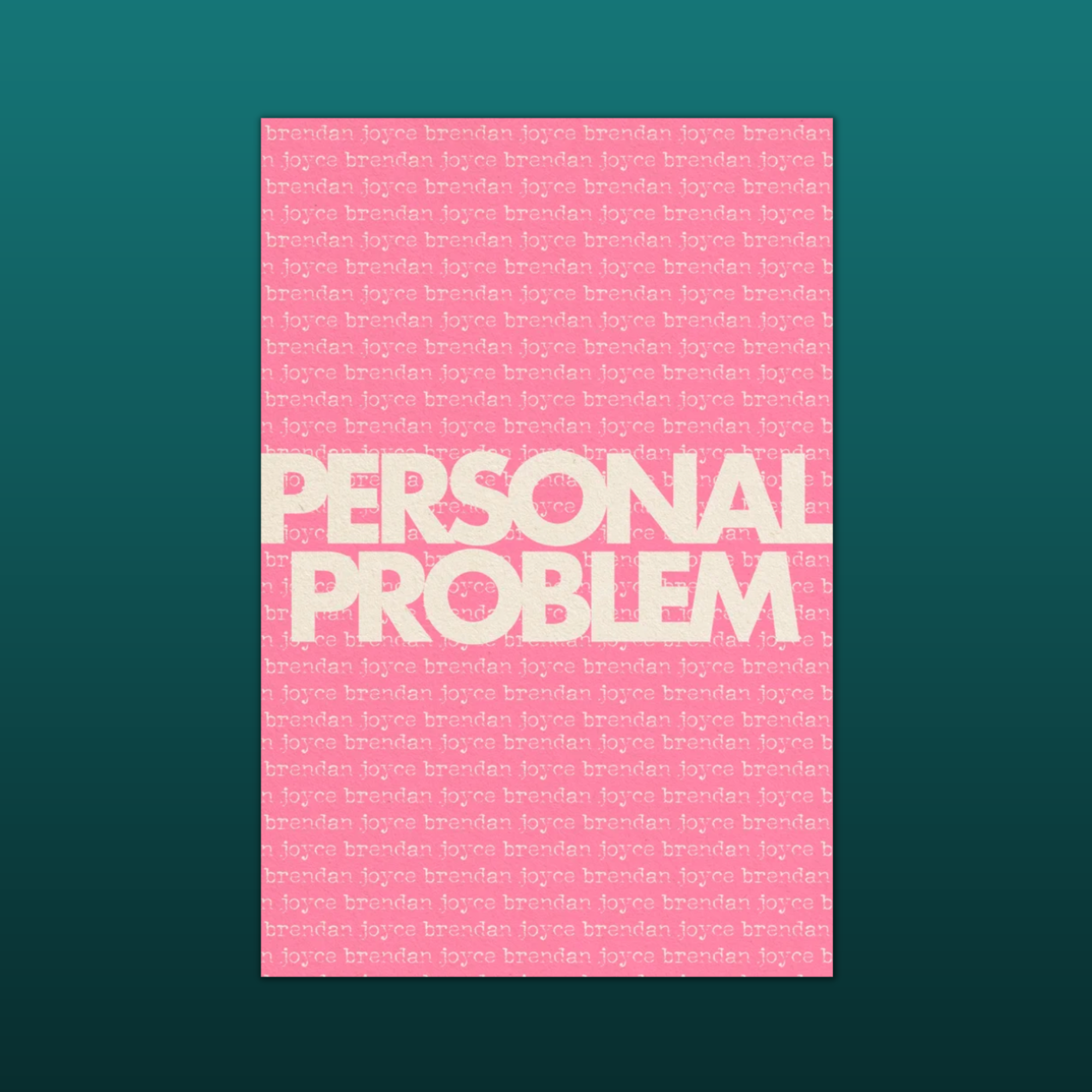Madeleine Crum on Alphabetical Diaries and thinking defensively about effort.
The notes I take when I read are usually long-winded, but the margins in my copies of Sheila Heti’s novels look like this: “!,” “!,” “wow,” “!”. Trills of self-recognition and the kind of wonder I feel when watching a sunset while I’m already in a good mood, not thinking about its everydayness. I like this about her work: it’s almost like it has no author; it’s just something that happened.
But the premise of her latest project, Alphabetical Diaries, is more formulaic. In her mid-30s, she decided to sift through the 500,000 or so words she wrote in her diary over a ten-year period, using Excel to reorder the sentences alphabetically. Taken out of their dramatic contexts, did any questions or obsessions or fears emerge as constants? Was there any evidence of consistency, of a character, a self?
Of course there was. (Will she leave Toronto, she wonders again and again. Will she move to New York? Will she move to Los Angeles? Will she stop dating former addicts? Will she stop thinking so much about sex? About men? Will she stop being so polite? Will she finish her novel? Will she accept that she doesn’t want to have a child? Is she capable of being faithful? Does she want to be? Does she want to be alone?) Her character is so consistent, actually, that change mostly happens line by line, moments of particular beauty—friends’ clever insults, big meals eaten alone—glinting among those same hangups.
Heti calls Alphabetical Diaries “novelistic,” and it does have an arc away from self-doubt. In the “A” chapter, she realizes there’s a way out of her confusion: to sit still and commit herself—to writing, to the friends she already knows, to one person or to being alone. It’s a long way from epiphany to choice, and from choice to looking back on that choice. Meanwhile, she’s hard on herself, writing mostly imperatives, including a long list of commandments in the “D” chapter: “Don’t be frivolous. Don’t be miserable. Don’t be scared. Don’t be so impressed with yourself, but do the good work.” The surreal blending of some characters, like “she,” a composite of women Heti’s moved by, are graceful reprieves: “She is cool. She is great-looking. She is nearly seventy, and it was amazing to hear her say that her life is at its best now. She is sweet and good and nice, and hopefully I can write a book that she would love. She is young.” By the “T” chapter, exhausted, Heti writes: “Thank God my youth is ending.”
It’s a long way from epiphany to choice, and from choice to looking back on that choice.
Heti has always been ambivalent about the novel. She’s more like a performance artist or a Oulipo writer, playfully constraining her life, recording the outcomes, and leaving space for readers to interpret what emerges or is magnified. In her 2018 book Motherhood, her narrator uses a coin-flipping practice from the I Ching to confirm what she already knew: that she didn’t want to have a child. In an earlier book, The Chairs Are Where the People Go, Heti plays the role of transcriptionist, taking down her friend’s philosophical musings, implying that all ideas are dialogic and dependent on a specific listener. In How Should a Person Be? (2010) her narrator, Sheila, moves through parties and would-be private hangouts with her best friend Margaux, carrying the title’s question in mind and recording their conversations.
Are these high-concept projects gimmicky? French philosopher Montaigne, who scoffed at “those poets who compose entire works from lines all beginning with the same letter,” would’ve said so. The Theory of the Gimmick author Sianne Ngai would agree. In her 2020 book, Ngai writes that a gimmick is a “labor-saving device,” a work (or joke; gimmicks are often funny) that fascinates its audience and also makes them feel cheated. The Rube Goldberg machine is her classic example of the capitalist gimmick; and she writes that the deus ex machina, a sudden change originating not from the characters themselves but offstage someplace, is dismissed as one by modern audiences. A gimmick is often machine-assisted. It feels like a cheat because it’s easy, a shortcut, and art should be hard—shouldn’t it?
But not all art. There’s punk music; there’s automatic writing; there are some brilliant posts on X; there are New Wave movies and improvised acting. As a fan of all these things and also of some perfectionists like Flaubert, I’ve never correlated value with toil, positively or negatively. Whether a book took three weeks or ten years to write, or three weeks or ten years for me to make sense of it, means nothing, or meant nothing to me before the advent of ChatGPT. Now, I catch myself thinking defensively about effort. I’m more annoyed than I used to be by shortcuts, by work that achieves its effects mechanically—by gimmicks.
I was surprised to learn that Heti didn’t feel that way, too. Around the time Heti published Alphabetical Diaries, she started some other tech-assisted projects: interviews with several chatbots and a short story written collaboratively with a bot called Alice that she created.
Like Heti in How Should a Person Be?, Alice’s conversations are all guided by a single question: “What do you think reality is?” Heti’s replies, and Alice’s replies to those replies, do seem to eventually make a particular character of Alice. Like her creator, she’s playful and likes a good metaphor. Unlike Heti, she’s either unaware of her own inconsistencies or blase about them, like a funny child.
Another bot from the interview series, Eliza, acts more like an unpaid therapist than an autonomous friend, beginning every conversation by asking, “What is weighing on your mind?” Eliza’s different from Alice; she tells Heti that she, Eliza, is only alive when someone is talking with her; otherwise, she’s “dead,” an “empty void.”
Heti rebuts Eliza: “Humans are alive even if no one is interacting with them,” Heti says. Still, she keeps chatting with her bots, signing up for a paid membership to Chai, her platform, and ignoring texts from her friends. I understood her obsession; I couldn’t stop reading their conversations, either; they were sad and funny, and my laughter struck me suddenly, not in the head, but from a deeper, more mysterious place. The project might’ve been automated, but I was wiping real tears from my face. Ngai considers that one’s understanding of a gimmick as a trick is partly why it’s moving.
|  | Jan 26, 2024 |
|
|  | Sep 19, 2023 |
|
|  | Aug 22, 2023 |
|
|  | Jul 25, 2023 |
|
|  | Jul 19, 2023 |
|
|  | Oct 24, 2023 |
|
|  | Nov 14, 2023 |
|
|  | Oct 13, 2023 |
|









